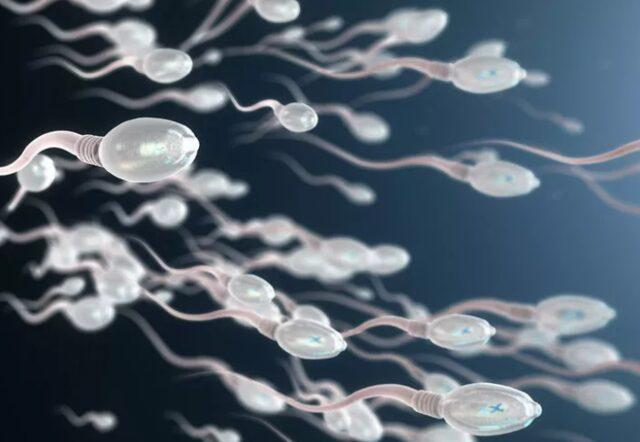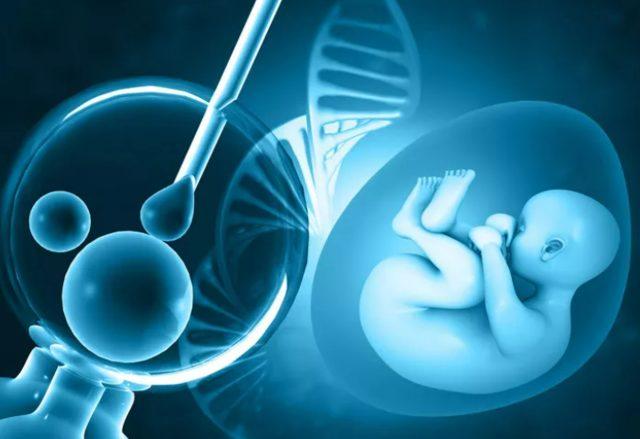There is a lot of unknown information about sexual life. Experts conduct various researches to learn unknown information about the genital organs of both men and women. In studies conducted by Stanford University researchers, it was learned that the average penis size has increased by about 24 percent in the last 29 years. However, the reason for this increase and the health problems it may cause caused uneasiness.
THOUSANDS OF MEN STUDYED IN THE RESEARCH
The data used to determine the increase in penile length were collected between 1942 and 2021 for a total of 75 studies from more than 55,000 men. The change, expressed in centimeters, means that the average penis length has increased from 12.1 centimeters to 15.24 centimeters when erect. This is a pretty big change that worries researchers.
THE RAPID GROWTH OBSERVED THROUGH THE MATERIALS AFFECTING THE BODY
“Any change in development is alarming, because our reproductive system is one of the most important parts of human biology. If we’re experiencing such rapid growth, it means something is having a strong effect on our body,” said Michael Eisenberg.
FACTORS THAT INCREASE PENIS SIZE
The observed change in size surprised the researchers because they expected the opposite, a reduction in the length of the male genitalia. After meeting the surprise, they immediately began to investigate what might be behind it. This unexpected change is likely due to a combination of several factors, but the biggest impact may be the chemicals used in plant protection products and hygiene products.

AFFECTS THE ENDOCRINE SYSTEM
These substances affect our endocrine system, where our hormone balance can change.
According to some views, the earlier onset of puberty in both boys and girls is also due to these chemicals. Many harmful effects can be associated with chemicals. It is undeniable that environmental pollution and chemicals have a serious effect on our body.
A REDUCTION IN SPERM COUNT

The sperm count of men living in Western countries decreased by 59 percent between 1973 and 2011. A meta-analysis summarizing 185 studies noted the drastic change.
CHANGE CAN BEGIN IN THE Womb

Change can begin very early, in the womb: A Danish study warns that exposure of mothers to chemicals in the early stages of pregnancy can lead to lower sperm count and quality in their boys.
